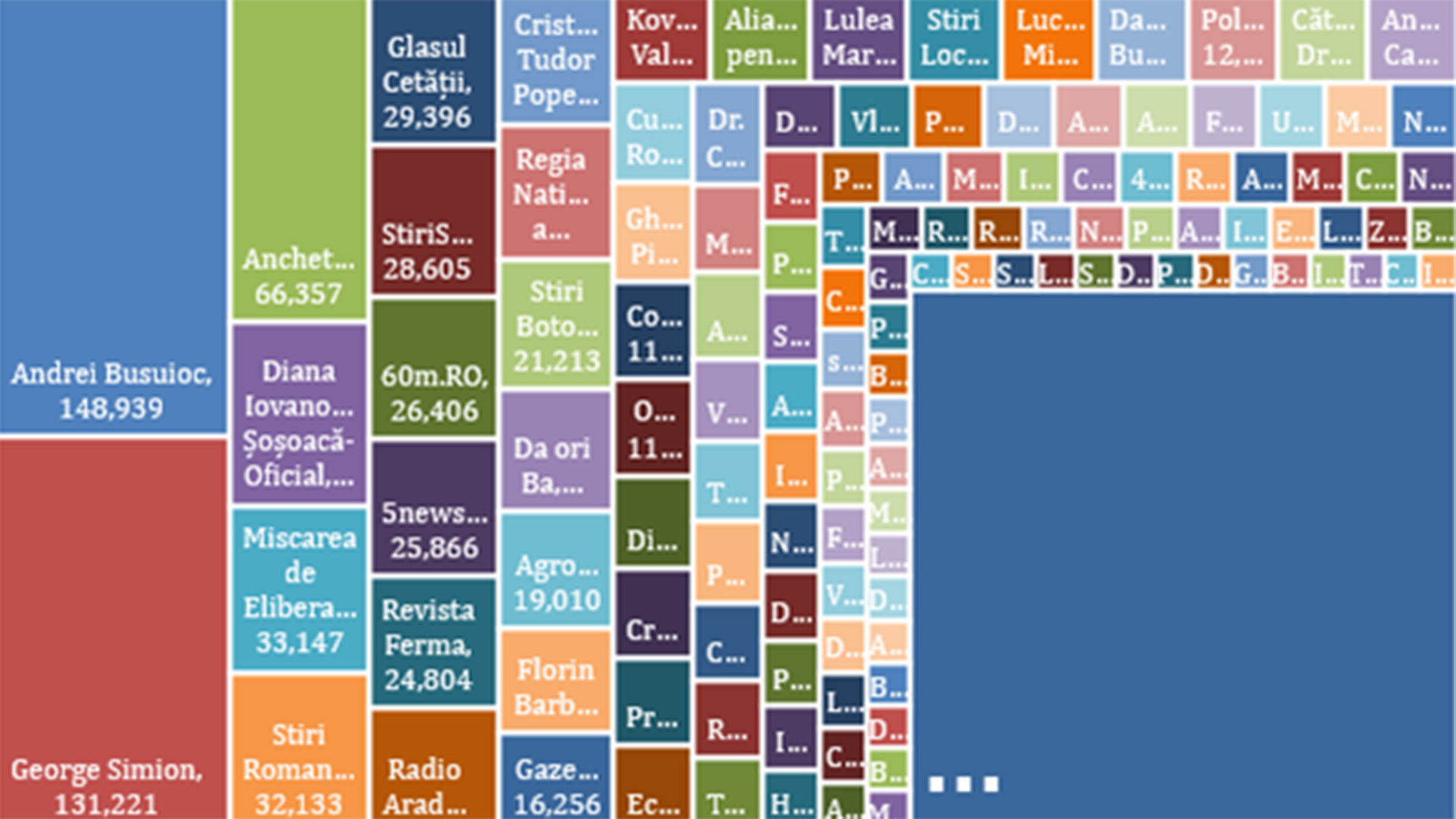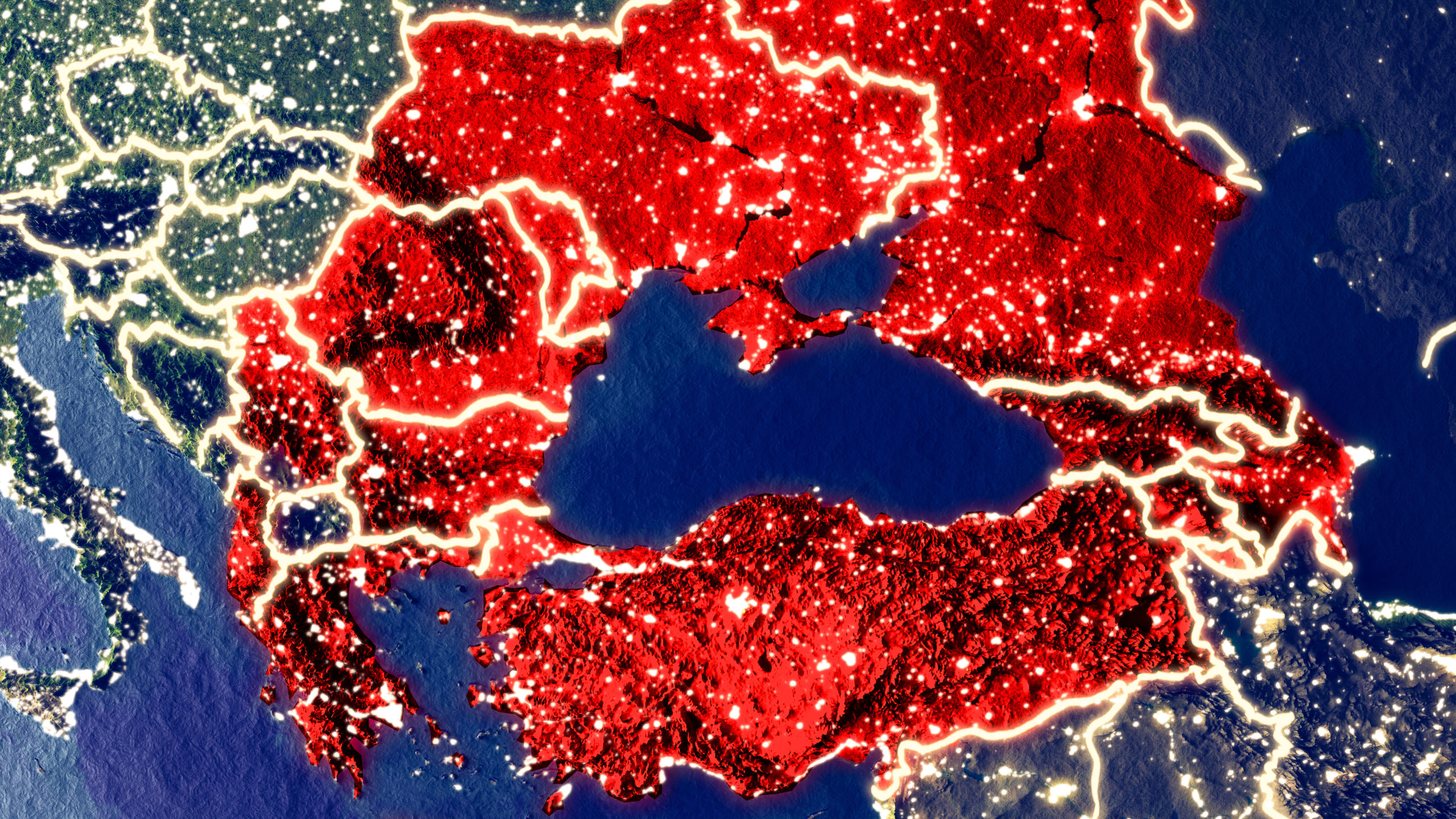Ce ne spune dreapta radicală despre ea însăși? Ne spune că „ai noștri” (românii, patrioții, naționaliștii, dacii) trebuie să fie uniți. Pentru ca să fie uniți ai noștri, străinii trebuie ținuți la distanță, poate chiar dați afară. Și când o să facem asta, ni se spune, vom fi liberi, pentru că străinii sunt cei care ne cenzurează și ne pun pumnul în gură.


2024 marks the biggest electoral year yet for Romania, with European, local, parliamentary and presidential polls scheduled to take place on the background of significant domestic and global challenges, with the potential to further destabilise and polarise society. The rise of far-right and right-wing populists, correlated with a surge of disinformation related to the COVID-19 pandemic, the full-scale invasion of Ukraine and the Israel-Hamas war, has reached an otherwise politically overlooked segment of the population – young people. Feeling unrepresented and severed from the political discourse, Romanian youth is at significant risk of radicalisation, being particularly vulnerable to extremist voices that aim to capitalise on their frustrations and disengagement, while leveraging their preferred channels of information and communication with increasing efficiency. Social media and youth susceptibility to online echo chambers and influencers provide pathway for manipulation by malicious actors whose political agenda aligns – more often than not – with the Kremlin’s (anti-EU, anti-NATO, anti-Ukraine, pro-Russia).

The Russian invasion of Ukraine in 2022 has triggered a seismic shift in the European security landscape, compelling NATO and the European Union to reassess and adapt their strategic priorities. The designation of the Black Sea as an area of key security concern by NATO reflects the urgent need for a comprehensive response to Russia’s unprovoked aggression. While the Southeastern flank is now receiving increased attention, the Black Sea region faces challenges in achieving the same level of intra-NATO and regional security cooperation seen in the Baltic Sea.

Russia’s full-scale invasion of Ukraine has opened a new front for disinformation and propaganda, to which Romania, both an EU and NATO member, has not been immune. The spread of anti-EU and anti-West narratives, typically in line with the Kremlin’s agenda, or even openly pro-Kremlin, has been a part of the Romanian public discourse and media landscape for years.


